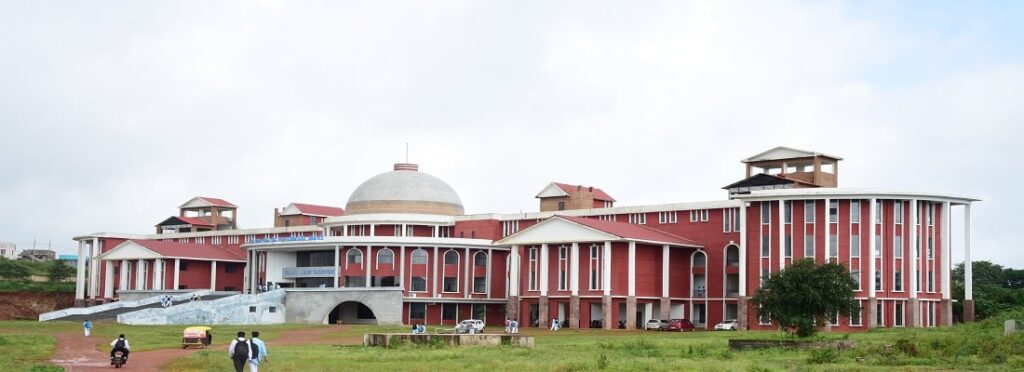Law In India And Abroad
ADMISSIONS IN LAW IN INDIA & ABROAD
Law is a system of rules created and enforced through Social or Governmental institution to regulate behaviour. It has been variously described as a Science and the art of Justice. State-enforced laws can be made by a Government or by a single representative, resulting in acts & laws; by the executive through Decrees and Regulations; or established by Judges through precedent, usually in Common Law Jurisdictions. Private individuals may create legally binding contracts, including mediation/ settlement agreements that adopt alternative ways of resolving disputes to Standard Court Lawsuit. The creation of laws themselves may be influenced by a Constitution, written/unspoken, and the rights encoded therein. The law shapes Politics, Economics, History and society in various ways and serves as a mediator of relations between people.
The scope of Law
The scope of Law can be divided into two domains.
Public law which is concerned to Government and Society, including Constitutional Law, Administrative Law, and Criminal Law.
Private law which deals with legal disputes between individuals & /or organisations in areas such as Contracts, Property, Torts/or Commercial law.
Law provides a source of scholarly inquiry into legal history, philosophy, economic analysisand sociology. Law also raises important and complex issues concerning equality, fairness, and justice.
Legal education in Indiagenerally refers to the education of Lawyers before entry into practice. Legal education in India is offered at different levels by the traditional Universities, specialised Law Universities and Schools only after completion of an undergraduate degree or as an integrated degree. Legal Education in India is regulated by the Bar Council of India, a statutory body established under the section 4 of Advocates Act 1961. Any institution imparting legal education in India must be approved by the Bar Council of India.
In India, a student can pursue a legal course only after completing an undergraduate course in any discipline. However, following the National Law School model, one can study law as an integrated course of five years after passing the senior secondary examination.
- Bachelor of Laws(LL.B.) – It is the most common law degree offered and conferred by Indian universities which has a duration of three years. Almost all law universities follow a standard LL.B. curriculum, wherein students are exposed to the required bar subjects.
- Integrated undergraduate degrees– B.A. LL.B., B.Sc. LL.B., BBA. LLB., B.Com. LL.B., B.A.L. LL.B These degrees are mostly offered in the autonomous law schools having a duration of five years.
- Master of Laws(LL.M.) – The LL.M. is most common postgraduate law degree which has a duration of one/two years.
- Master of Business Law
- Doctor of Philosophy (Ph.D.)
- Integrated MBL-LLM/ MBA-LLM.-Generally a three years double degree integrated course with specialisation in business law.
TOP 10 LAW COLLEGES OF KARNATAKA
- National law school of India University, Bangalore
- Bangalore Institute of legal studies, Bangalore
- School of law, Christ University
- M S Ramaiah College of law, Bangalore
- K L E society’s law college,Bangalore
- CMR University school of legal studies, Bangalore
- SDM law college, Mangalore
- JSS law college (autonomous), Mysore
- Karnataka State law University, Hubli
- Sheshadripuram law college, Bangalore

